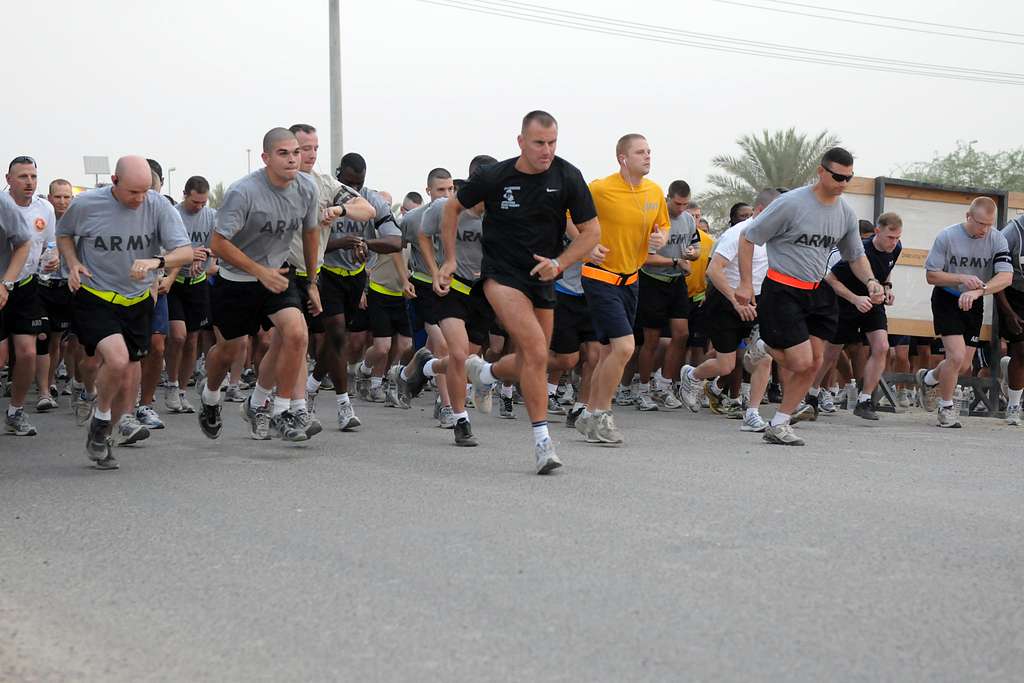
The Torah portion of Nitzavim is always read immediately before Rosh HaShanah, the New Year. It seems that our Sages knew that reading what the Nation of Israel was told then, at the end of Deuteronomy, would place us in the right frame of mind.
If someone thinks that returning to G-d and observing His Torah is too difficult, that parsha tells us not to worry: “For this Commandment that I command you today, it is not too wondrous for you, and not too distant” [30:11].
If someone thinks all hope is lost, that we are scattered around the world, in an irredeemable state, such that we can never come back together in our land, the Torah says: “if you are pushed out to the ends of the Heavens, Hashem your G-d will collect you from there and from there He will take you. And HaShem your G-d w ill bring you to the land which your fathers inherited, and you shall inherit it, and He will do good to you and increase you more than your fathers” [30:4-5].
If someone imagines the punishment and hate have been too severe, and we are no longer loved by G-d, the parsha instructs us that the opposite is true: “And it will be, when all of these words have come upon you, the blessing and the curse, which I placed before you… And you shall return to Hashem your G-d and listen to His voice, like all that I have commanded you today, you and your sons, with all your hearts and with all your souls” [30:1-2].
These are the messages we are given as we approach Rosh Hashanah, a time for starting over, for they help us commit ourselves to doing things better than we did in the year we now leave behind us. Those verses, Deut. 30:1-10, are called Parshas HaTeshuvah, the reading of Return; the theme running through them is that nothing will hold us back, that we can recover from any distance we have placed between ourselves and G-d, if we merely commit ourselves to doing better. There are some who have the custom to read that passage daily, with its crucial and empowering lessons.
During Rosh Hashanah, we do not confess our individual sins and failings of the past, as we do on Yom Kippur. Instead, we look at the path ahead, at accepting upon ourselves that Hashem is our King, and knowing that we have it within us to follow His ways. That is how true return begins, from a place of both commitment and strength. “Because this thing is extremely close to you, in your mouth and in your heart to do it.” [30:14]
May all of us be written in the Book of Life for a year of health, blessing and success.


